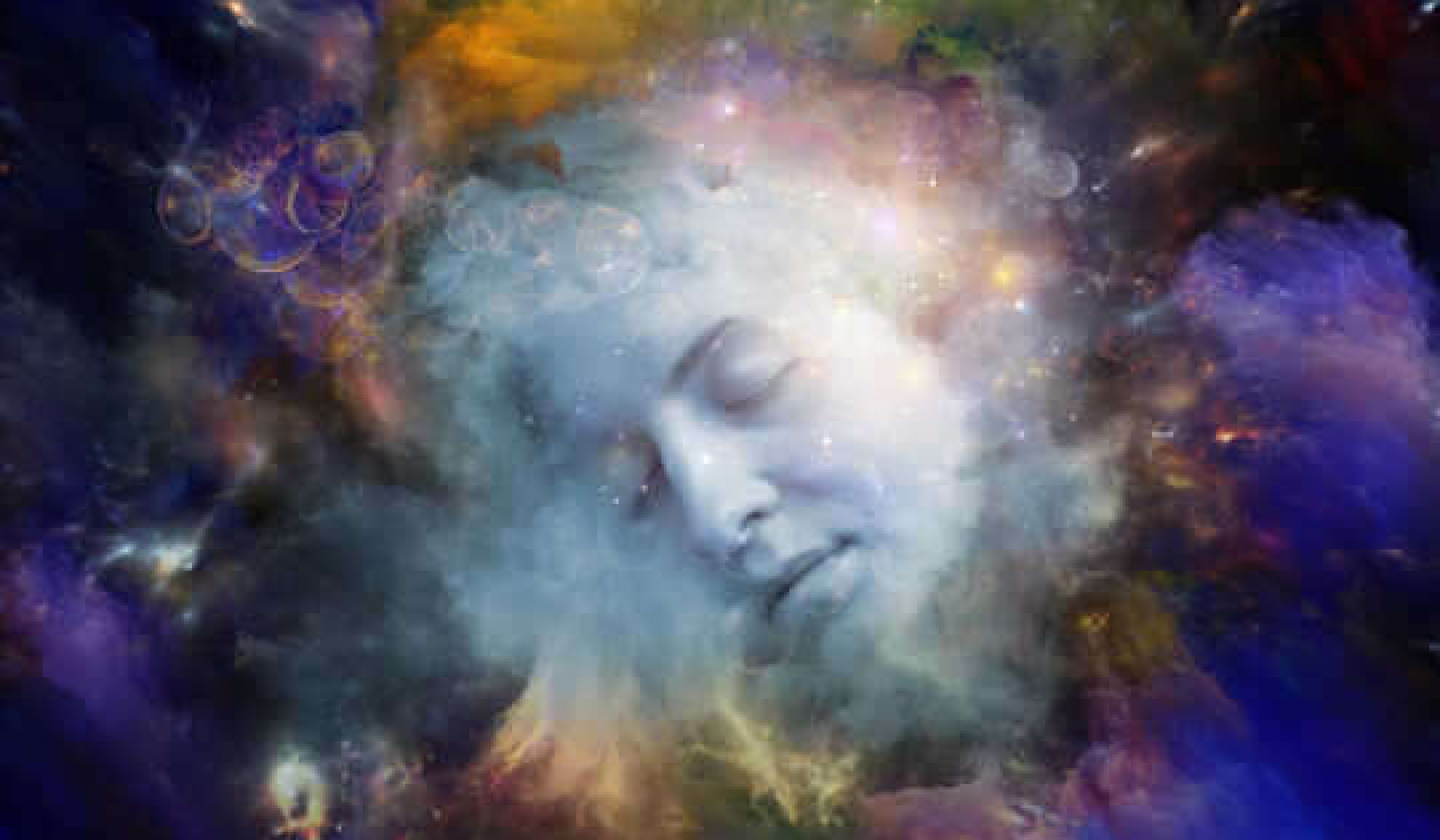
As the Lord’s Prayer indicates, forgiveness plays a part in settling spiritual debts, and in helping to prevent new ones from being established. Forgiveness provides great protection for the self, as well as helping others. It ends vicious cycles of action and reaction. This is why we instinctively admire the example of great leaders such as India’s Gandhiji, and South Africa’s Nelson Mandela. Through maintaining a positive attitude towards people who had been their oppressors, they worked miracles.
Gandhi and Mandela both worked hard to gain the strength of mind and purpose that allowed them to achieve their objectives, at least in part.
Dadi Janki says:
Imagine the work God has to do, to fulfil the objectives he made known through Brahma Baba’s visions, of enabling the return to a world of universal peace! He gets this task done through us human beings. It helps in our spiritual efforts to realise that every drop of improvement we bring to the world through positive choices in our thoughts and feelings is a contribution to this end.
Monkey See No Evil... Monkey Do No Evil
There is a famous image of three wise monkeys, who represent the principle of “see no evil, hear no evil, speak no evil”. Sometimes there is a fourth monkey, symbolizing “do no evil”. I like also to add that we should think no evil. However, how can we protect ourselves against evil if we do not see it? Will it not simply overwhelm us?
The secret is to “see but not see”. Spiritual knowledge allows us to see negativity clearly, and at the same time to maintain a positive vision towards the person. Then we will not feel a need to keep anyone’s defects in our heart or mind, let alone spread negativity by speaking about them to others.
We tend to dwell on defects in others when we have not yet done the work of facing up to similar defects in ourselves. When we are free of this reactivity, we will not shy away from quietly putting things right, communicating easily and openly but without going into a lot of expansion.
When I first joined the spiritual community in Karachi, Brahma Baba assigned me to look after more than 40 children in a building called “Baby Bhawan”. Their mothers were delighted, because it allowed them to be free. If the children made a mistake, I would say, “OK, today there will be nothing to eat.” They would protest, and I would forgive them, telling them not to make that mistake again. They became very well behaved!
Focus On Original Goodness
At the heart of Brahma Kumaris teachings lies the understanding that all souls share God’s qualities of love, peace and joy as their original nature, and that this positive charge in the “battery” of the soul becomes run down over time.
With this understanding, when evil confronts us, we can focus on the original goodness that is also there in the soul. This eases the other person’s negativity. It also protects us. It is like a light that keeps the darkness at bay. If, instead, we become angry or upset, the problem increases all round. A Japanese saying puts it succinctly: “When evil is fought with evil, only evil can win”.
Some people, however, have become so lacking in self-respect that they are like black holes, drawing in light and letting out almost nothing in return. We have to be careful not to allow our relationship with another to drain us in this way. Their “trespasses” towards us, especially when unrecognised, may eat away at our own inner strength and leave the soul depleted.
Such weakness then makes us even more vulnerable to negative influence, and a vicious circle comes into play. That is when we will be most in danger of reacting, perhaps explosively, and with long-lasting consequences.
©2015 by Neville Hodgkinson. All Rights Reserved.
Published by Mantra Books, an imprint of John Hunt Publishing.
http://www.mantra-books.net
Article Source
 I Know How To Live, I Know How To Die - The Teachings of Dadi Janki: A warm, radical, and life-affirming view of who we are, where we come from, and what time is calling us to do
I Know How To Live, I Know How To Die - The Teachings of Dadi Janki: A warm, radical, and life-affirming view of who we are, where we come from, and what time is calling us to do
by Neville Hodgkinson.
Click here for more info and/or to order this book.
About the Author
 Neville Hodgkinson worked for many years as a science and medical correspondent for national newspapers in the UK, including the Daily Mail and Sunday Times. In 1994 he gave up his journalistic career to live and work full time at a retreat centre near Oxford. He specialises in talks and workshops exploring the links between science and spirituality, in particular examining questions about death. He is also the author of Will To be Well, and AIDS: The Failure of Contemporary Science.
Neville Hodgkinson worked for many years as a science and medical correspondent for national newspapers in the UK, including the Daily Mail and Sunday Times. In 1994 he gave up his journalistic career to live and work full time at a retreat centre near Oxford. He specialises in talks and workshops exploring the links between science and spirituality, in particular examining questions about death. He is also the author of Will To be Well, and AIDS: The Failure of Contemporary Science.


























